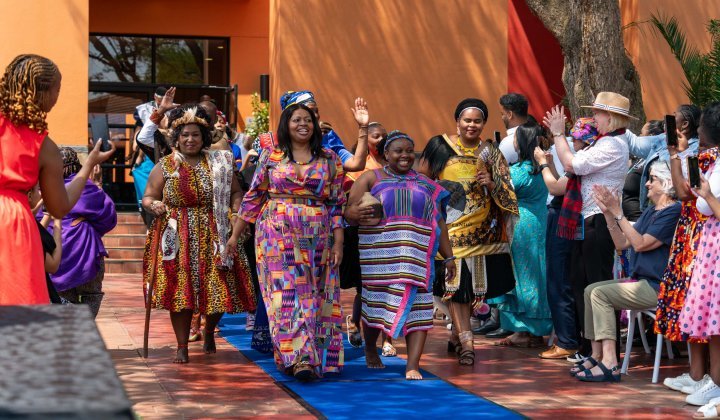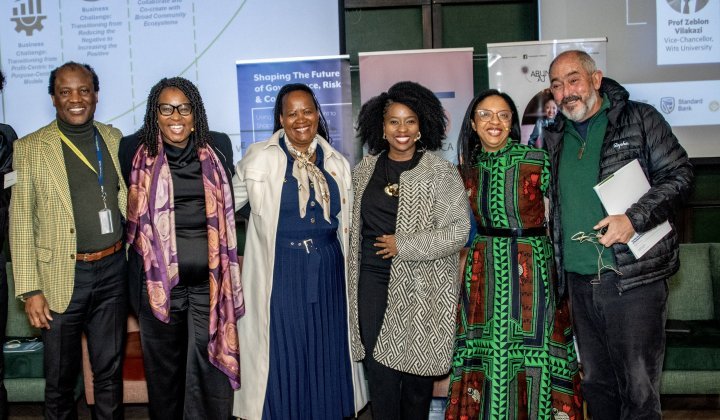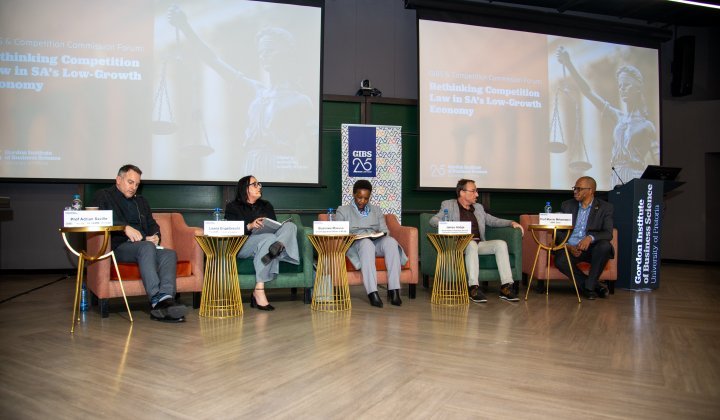“Every business started off by being a small business. All of us have had to scale to become what we are today,” Phuthi Mahanyele-Dabengwa, who is the chief executive of Naspers, said.
She was speaking at the launch of the latest GIBS Ethics Barometer, a groundbreaking initiative in which 30 large South African companies participated, and which was recently extended to include the SMME sector.
A flourishing small business sector is vital for entrepreneurship, economic inclusion, and South Africa's future. Yet it is beset by major issues and challenges, including the relationship between big companies and the small and medium-sized businesses that supply them.
Gideon Pogrund, director of the GIBS Centre for Business Ethics, explained that in association with E Squared, the empowerment entity of investment company Allan Gray, GIBS set out to better understand the broader business environment in South Africa by focusing on the SMME sector.
“We have used the findings to start a conversation about the ethical ecosystem of the SMME sector, and in particular, the relationship between small businesses and the large corporations that they supply, given the crucial role of the sector in entrepreneurship transformation and the future of South African business and society,” Pogrund explained.
The study reveals dramatic findings about the experiences and perceptions of SMMEs. Lead author Professor Kerrin Myers said issues faced by small businesses include the following:
- SMMEs feel that they are poorly treated by corporates with which they've tried to do business. SMMEs feel bullied and intimidated.
- Small businesses are shut out from market opportunities by large corporates. They feel corporates are unreasonable in the barriers they put in place to prevent SMMEs from doing business with them.
- When they do manage to break through, they often face late payment (more than 30 days), which sometimes has devastating consequences for the SMMEs.
“Small and medium enterprises feel excluded oppressed, subjugated and marginalised,” Bonang Mohale, chair of Business Unity South Africa said.
“Business is trusted twice as much as government. What are we going to do as business to come up to this level of trust, hope and confidence that has been thrust and bestowed upon us, undeservedly so? I think if South Africa is going to work it's because business will make it work. Business is our last chance.”




